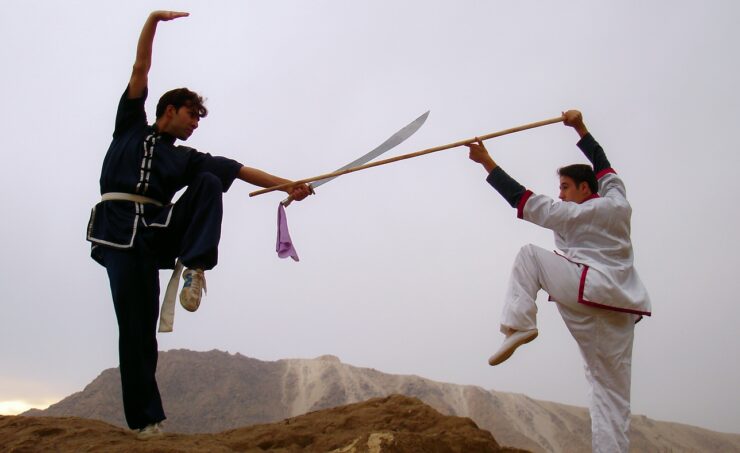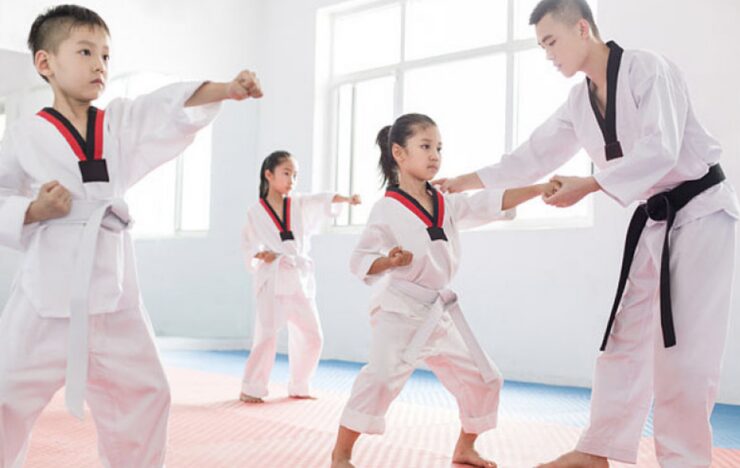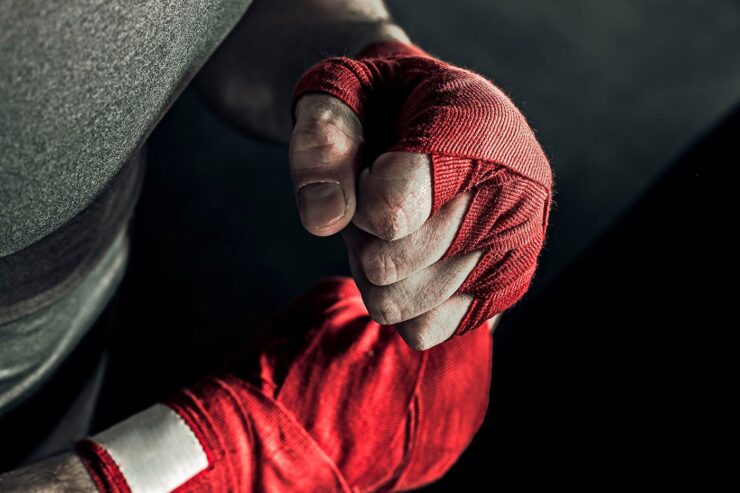In today’s fast-paced and ever-changing world, it has become increasingly important to equip our youth with the necessary skills and values to navigate life’s challenges successfully. One powerful tool that has proven to be highly effective in shaping character and promoting personal development is youth martial arts training. Beyond learning self-defense techniques, they instill discipline, self-control, confidence, and a host of other valuable traits that can have a profound impact on a child’s life.
Understanding Martial Arts as a Character-Shaping Discipline
Martial arts are more than just physical activities; they are holistic disciplines that encompass physical, mental, and emotional development. The structured nature of Youth Martial Arts promotes discipline, respect, and adherence to a code of ethics, which helps in building character. Through consistent practice and dedication, young practitioners learn the importance of commitment, focus, and perseverance. Martial arts also provide an avenue for self-expression and self-discovery, allowing young individuals to develop their unique identities and gain a deeper understanding of themselves.

Discipline and Self-Control
Discipline and self-control are fundamental principles in martial arts. These classes provide a structured environment where students learn to follow instructions, maintain self-discipline, and control their impulses. They learn that success comes from consistent effort and that hard work and perseverance are essential for improvement.
This discipline extends beyond the training environment and becomes an integral part of their daily lives. By mastering self-control, young martial artists develop the ability to make informed decisions and handle challenging situations with composure. They learn to regulate their emotions and reactions, leading to better conflict resolution and improved self-management skills.
Building Confidence and Self-Esteem
As kids progress through the ranks and master new techniques, they gain a sense of accomplishment and belief in their abilities. Instructors play a crucial role in providing constructive feedback and encouragement, which helps students overcome self-doubt and build a strong sense of self-worth.
Martial arts training also teaches young individuals to embrace challenges and view failures as opportunities for growth. This resilience mindset further enhances their confidence, as they understand that setbacks are temporary and can be overcome with perseverance and effort.
Fostering Respect and Courtesy
Respect and courtesy are core values in martial arts. Students are taught to respect their instructors, peers, and the martial arts tradition itself. They learn to listen attentively, follow instructions, and treat others with kindness and empathy. This culture of respect extends to all areas of their lives, including interactions with family members, teachers, and classmates. Martial arts promote a sense of community, where students support and encourage one another, fostering a positive and inclusive environment. By instilling respect and courtesy, martial arts training helps create a harmonious and cooperative atmosphere both on and off the mat.

Developing Focus and Concentration
Through drills, forms, and sparring sessions, young practitioners learn to block out distractions and maintain focus on the task at hand. They learn to concentrate on their movements, pay attention to their opponents, and react quickly and effectively. These skills transfer to other areas of their lives, such as academics, where improved focus leads to better learning outcomes. With enhanced concentration abilities, youth martial artists become better equipped to tackle complex tasks and perform at their full potential.
Cultivating Perseverance and Determination
Martial arts presents challenges and obstacles that require perseverance and determination to overcome. Young practitioners quickly realize that progress is not always linear, and setbacks are part of the learning process. However, martial arts teach them to embrace these challenges and keep pushing forward. By encouraging them to persist and work through difficulties, martial arts instill a “never give up” attitude that serves them well in all aspects of life. They learn that success often comes after multiple attempts and that hard work and dedication are essential ingredients for achieving their goals.
Teaching Responsibility and Accountability
In martial arts, students are accountable for their actions and progress. They learn to take responsibility for their training, set goals, and work diligently to achieve them. Through regular practice and participation, young martial artists understand that their progress depends on their efforts and commitment. They also learn to be accountable to their training partners, demonstrating trustworthiness and reliability.
This sense of responsibility extends beyond the mat, as young martial artists understand the importance of being accountable for their words and actions in their relationships, academics, and future endeavors. They learn to take ownership of their choices and understand the impact their decisions can have on themselves and others.

Enhancing Physical Fitness and Well-being
Regular exercise promotes overall well-being, boosts energy levels, and reduces stress. Martial arts provide a structured and enjoyable way for young individuals to engage in physical activity and develop healthy habits. The diverse range of movements and techniques in martial arts training promotes muscle development, agility, and endurance. Moreover, the physical challenges encountered in martial arts training contribute to better body awareness and proprioception.
Developing Leadership Skills and Teamwork
Martial arts provide opportunities for young practitioners to develop leadership skills and learn the importance of teamwork. As students progress in their training, they may be assigned leadership roles, such as assisting in teaching lower-ranked students. Through these experiences, they learn to communicate effectively, motivate others, and work collaboratively as part of a team.
Martial arts teach young individuals the importance of cooperation and synergy, as they realize that their progress and growth are intertwined with the progress and growth of their training partners. They learn to celebrate the achievements of others and lend a helping hand when needed. These leadership and teamwork skills are invaluable in all areas of life, from school projects to future careers.
Conclusion
Joining a youth martial arts class can be an incredibly rewarding experience for both children and their families. Not only are they building physical, mental, and emotional strength, but also developing important life skills such as self-discipline, respect for others, focus, and concentration. All of these qualities will help with school work and in the future workplace.

With all of this combined with the fun aspects of martial arts training, it is no wonder so many young people today are turning to martial arts classes to build a strong foundation in which they can develop into successful adults.



